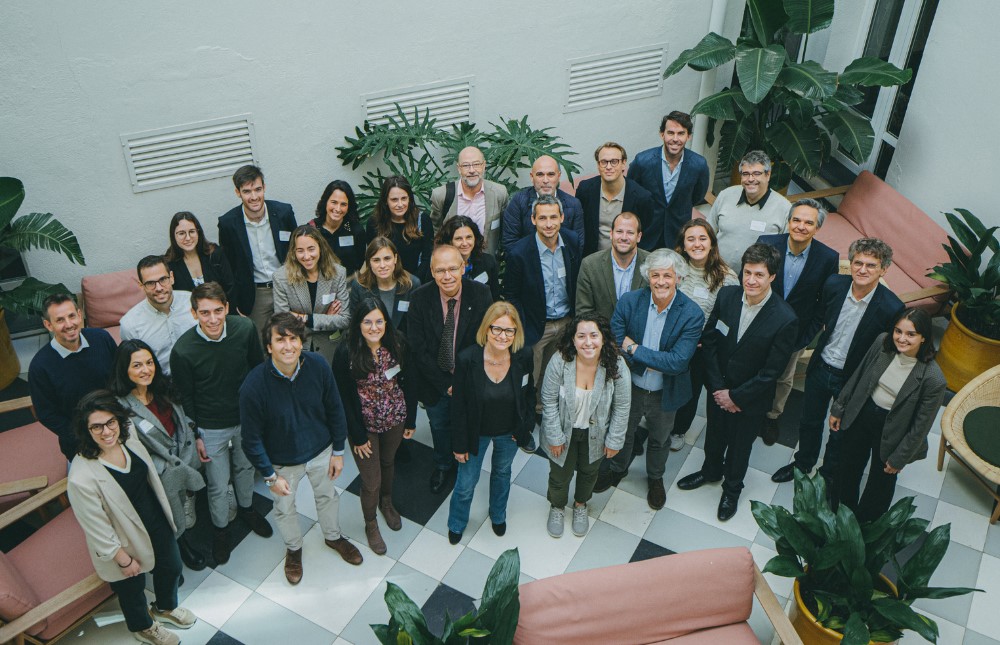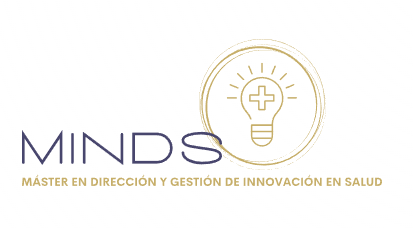1.7 million, the project will run until the end of 2025 and will involve leading international institutions in the sector.
The FAITHFUL, innovation project consortium, led by the Spanish startup Idoven, thanks to the support of EIT Health, has just launched the development of a technological solution that aims to prevent 4 out of 10 hospitalisations due to heart failure (HF) in Europe.
With funding of 1.7 million euros, the project will run until the end of 2025, involving leading international institutions in the sector. Cantabria participates in this project through the Cardiovascular Research Group of the Valdecilla Research Institute (IDIVAL) and the Cardiology Service of the Marqués de Valdecilla University Hospital (HUMV) together with the Primary Care Management.
The project is based on the use of advanced algorithms and artificial intelligence applied to electrocardiograms to detect early signs of heart failure in primary care. By providing a disease score from electrocardiogram results, this innovative approach provides clinicians at health centres with crucial information to make informed decisions on patient treatment and management, and can refer patients to cardiologists earlier.
The project will recruit more than 2,500 European patients with risk factors associated with heart failure to demonstrate the reliability of its algorithm in the early detection of heart failure decompensation.
Given the enormous social and healthcare burden of heart failure, early detection will have a positive impact on the quantity and quality of life of patients and on the consumption of system resources.
FAITHFUL has been selected by EIT Health in its Flagships call which aims to boost the development and adoption of digital health solutions, maximise the potential of health data, adopt new value-based healthcare models, and strengthen the European healthcare industry.
Under the leadership of Idoven, the FAITHFUL consortium consists of AstraZeneca Spain, the Madrid Health Service (SERMAS), the Foundation for Biomedical Research of the Hospital 12 de Octubre, the Foundation for Biomedical Research of the Hospital Gregorio Marañón, the Fundación para la Investigación e Innovación Biosanitaria de Atención Primaria, the Institut Català de la Salut, Karolinska Institute, Region Stockholm, MADoPA – Centre Expert en Technologies et Services pour le Maintien en Autonomie à Domicile des Personnes Âgées and the Estonian Health Insurance Fund. In addition, FAITHFUL has the collaboration of several key external partners including IDIVAL, the Fundacio TIC Salut Social and the Fundación del Ilustre Colegio Oficial de Médicos de Madrid (Fundación ICOMEM).
Heart failure leads the way in hospital admissions
Heart failure affects 770,000 people in Spain1 and more than 15 million in Europe2. 2 It is also the leading cause of hospitalisation in people over 65 years of age and of unscheduled hospital readmissions3. Studies suggest that hospitalisations for HF will increase by 50% in the next 25 years4, mainly due to the progressive ageing of the population and a growing prevalence of cardiovascular risk factors such as hypertension, diabetes, hypercholesterolemia and obesity, among others.
Dr Manuel Marina Breysse, cardiologist and CEO of Idoven, explains: “This project has the potential to radically transform the way heart failure is diagnosed and managed. Heart failure represents a huge cost to healthcare systems because it is difficult to diagnose before it manifests itself. “In this way, we want to contribute to the sustainability of the healthcare system, improving the health and quality of life of the population,” adds Dr Marina Breysse.
“This project represents our dedication to the forefront of cardiovascular health,
highlighting the crucial role of digital health innovation and artificial intelligence in redefining the future of healthcare. As Core partners of EIT Health, we are co-leading the drive for the transformation of healthcare systems in Spain, fostering an approach that integrates effectiveness, efficiency and profoundly patient-centric care,” says AstraZeneca Spain’s Director of Innovation and Digital Strategy, Dr. César Velasco.
As Dr Izabel Alfany, CEO of EIT Health Spain, explains, “We promote collaborative leadership among all our partners and ecosystem actors to make transformative innovation in Spain and Europe possible. We support the FAITHFUL project and the organisations that make up its consortium because they help us to lead the culture of innovation in Spain and because they will enable a significant improvement in the healthcare and health of heart failure patients”.
References
(1) Sicras-Mainar, A., Sicras-Navarro, A., Palacios, B., Varela, L., & Delgado, J. F. (2020). Epidemiología y tratamiento de la insuficiencia cardiaca en España: estudio PATHWAYS-HF. Revista Española de Cardiología. Published. https://doi.org/10.1016/j.recesp.2020.09.014
(2) Heart Failure Policy Network. Heart Failure Policy and Practice in Europe. London: HFPN; 2020. Available at: http://www.healthpolicypartnership.com/app/uploads/Heart-failure-policy-and-practice-in-Europe.pdf
(3) ¿Qué es la insuficiencia cardíaca? (2021, 8 febrero). Heart Failure Matters. https://www.heartfailurematters.org/es/ conocer-la-insuficiencia-cardiaca/que-es-la-insuficiencia-cardiaca/
(4) Cowie, M. R., Anker, S. D., Cleland, J. G. F., Felker, G. M., Filippatos, G., Jaarsma, T., Jourdain, P., Knight, E., Massie, B., Ponikowski, P., & López-Sendón, J. (2014). Improving care for patients with acute heart failure: before, during and after hospitalization. ESC Heart Failure, 1(2), 110–145. https://doi. org/10.1002/ehf2.12021






















